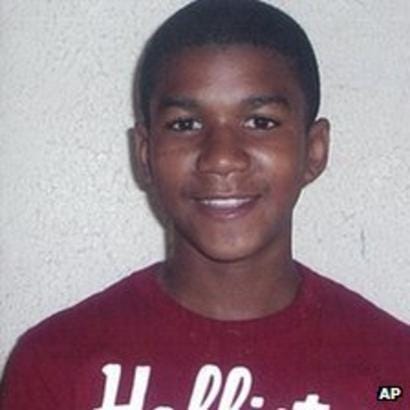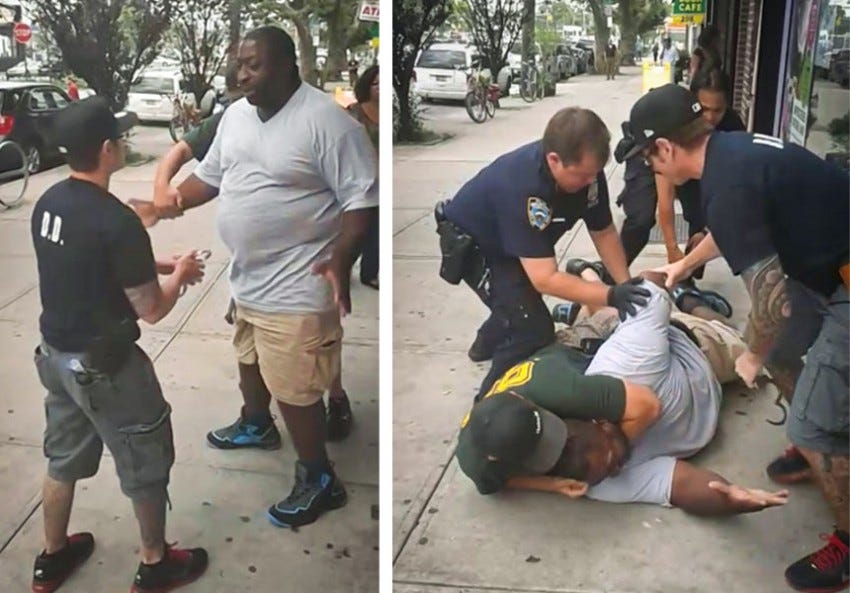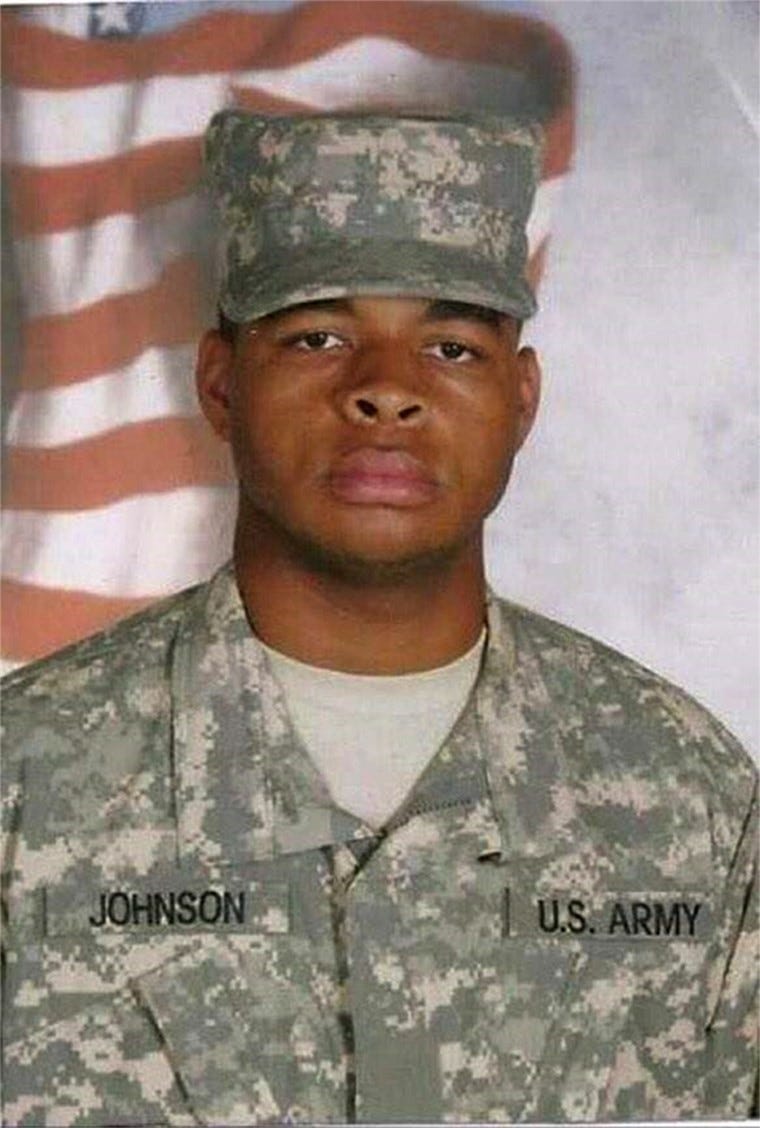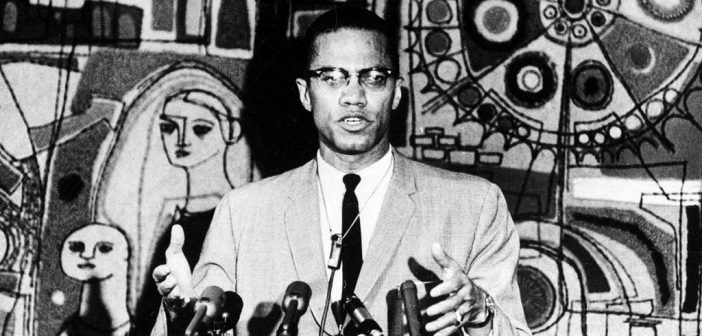It is often the case that the most cogent truths are also the most simply expressed. In Malcolm X those simple truths had one their most accomplished tribunes. Perhaps one of the most powerful of the many he ever articulated was his description of the circular relationship that exists between the drive for hegemony abroad and economic and racial injustice at home. To wit: “You can’t understand what is going on in Mississippi if you don’t understand what is going on in the Congo.”[i]Malcolm, by the time of his assassination, was a tribune of the ‘other America’, the one consisting of the poor, working poor, the marginalised and dispossessed.
In 2009, when Obama entered the White House, militant voices such as that of Malcolm X seemed an historical footnote whose militancy and stridency were incompatible with the times.
Optimism in this respect was premature — a product of wishful thinking rather than reality — illustrated by the fact that in the summer of 2013, upon the 50th anniversary of Martin Luther King’s historic ‘I Have A Dream Speech’ in Washington DC, the economic gap between blacks and whites in the US remained the same. It was a stark reminder that class and race in the United States continued to occupy two sides of the same coin.[viii]

The human dimension to the issue of race in the US was highlighted by the murder of black teenager, Trayvon Martin, in 2012.[x]The 17-year-old was killed during an altercation with private security guard, George Zimmerman, on his way back from a trip to a local convenience store in Sanford, Florida. He was unarmed, had no criminal record, and had gone to the store to purchase candy and juice. He was not trespassing and yet found himself being followed and confronted by Zimmerman. Trayvon Martin’s crime was that he was young, male and black, which in the last analysis cost him his life.
The resulting court case ended with Zimmerman being exonerated of second degree murder by a majority-white jury. The verdict set off a firestorm of controversy that reached all the way to the White House. Addressing Trayvon Martin’s case to the press, President Obama said these words:
There are very few African American men in this country who haven’t had the experience of being followed when they were shopping in a department store. That includes me. There are very few African American men who haven’t had the experience of walking across the street and hearing the locks click on the doors of cars. That happens to me — at least before I was a senator. There are very few African Americans who haven’t had the experience of getting on an elevator and a woman clutching her purse nervously and holding her breath until she had a chance to get off. That happens often.[xi]
Liberal America had allowed itself to believe it had found in Obama the neat and tidy denouement it had long craved to the black civil rights struggle of the 1960s. In a society reared on a diet of Hollywood happy endings, it was a narrative which gained traction, allowing the millions who’d supported and elected him to temporarily suspend disbelief. Trayvon Martin’s death was a brutal reminder that they were deluded.
The subsequent cases of Michael Brown,[xii]shot by a police officer in Ferguson, Missouri in August 2014, and Eric Garner,[xiii]filmed being suffocated to death on the ground in a Staten Island street in July 2014, after being placed in a chokehold by an NYPD officer, merely served to confirm for many the second class status of black people in the United States.

Witnessing the aforementioned cases unfold, [xiv]the withering response of Malcolm X to the awarding of the Nobel Peace Prize to Martin Luther King in 1963 came to mind in relation to Barack Obama’s election as the nation’s first black president:
He got the peace prize, we got the problem…If I’m following a general, and he’s leading me into a battle, and the enemy tends to give him rewards, or awards, I get suspicious of him. Especially if he gets a peace award before the war is over.[xv]
According to crime statistics published by the FBI in 2014, blacks constituted 51.6 percent of homicide victims. On the flipside of this equation, they also made up 53 percent of homicide offenders, an inordinate number considering that they made up just 13.3 percent of the country’s population.[xvi]
Given the socioeconomic factors involved, crime cannot be divorced from the poverty and inequality that gives rise to it. And it is here where black people in the United States were faring worst. Consider the data produced by the US Census Bureau, revealing that in 2012
· 28.1 % of all African Americans were living in poverty.
· 33.2 % of African American families with children under 18 were living in poverty, compared to 18.8 % of families across all races.
· 23.8 % of black people over the age of 18 are living in poverty, compared to 13.9 % across all races.
It also revealed that black people were
· three times more likely to be stopped and searched by the police than whites;
· more than three times more likely to be handcuffed’
· almost three times more likely to be arrested. [xvii]
When it came to incarceration, the US prison population had reached a staggering 2.4 million people by 2014. Out of this number — which accounted for a full quarter of the entire world’s prison population — 38 percent of inmates were black, even though as mentioned black people made up just 13.3 percent of the entire population. Compare this to whites, who made up 35 percent of the US prison population while constituting just under 78 percent of the country’s population.[xviii]Mass incarceration was brought into being by Bill Clinton with the passage of his omnibus crime bill in 1994. Obama, over his two terms, did nothing to address what prison reform activists had long described as the new plantation.
Given the pattern of regular incidents of police brutality against black people a reaction was inevitable. It came in the summer of 2016 with the shooting of twelve Dallas police officers at a Black Lives Matter march against police violence.[xix]The event had been organised in the wake of the police shootings and killings of Alton Sterling and Philando Castile.[xx]The killing of Castile was particularly controversial; what with it being livestreamed on social media by his partner, who was in the vehicle alongside him with her daughter in the back when they were pulled over in Baton Rouge, Louisiana.

Of the twelve police officers shot in Dallas in 2016 by lone black gunman, Micah Xavier Johnson, five were killed. Johnson was an army reservist who told the police when surrounded that he wanted to kill white people, especially police officers. He was eventually killed by a bomb that was delivered and detonated by a robotic device; the Dallas Police Department claiming that negotiations with Johnson, begun with the objective of securing his peaceful surrender, had broken down.[xxi]Interestingly, amid the media frenzy over this particular story there was very little attention paid to the fact that bombs were now part of the arsenal of a US police department.
Micah Johnson claimed to have been acting alone. Even so it was highly likely, if not certain, that the killing spree he embarked on against the police in downtown Dallas did not meet with universal revulsion in a country in which shootings of unarmed black suspects by police officers had become a regular occurrence. Indeed, within low income black communities across America, it was hard to resist the perception that law enforcement did not exist to serve and protect but rather to hunt, intimidate, harass and in the last analysis execute black people with impunity, producing the very climate of anger of which Micah Johnson was a product.
Black Lives Matter, the grassroots organisation formed in response to the murder of Trayvon Martin in 2012, stated on its website that its campaign was “a call to action and a response to the virulent anti-Black racism that permeates our society.” Huey P. Newton, founding member of the Black Panther Party in Oakland, California in the 1960s, described the problem thus: “The policemen or soldiers are only a gun in the establishments [sic]hand. They make the racist secure in his racism.”
The reality is that rather than herald the culmination of Martin Luther King’s dream of a post-racial America in which men and women were not only created equal but treated and respected equally, the election of America’s first black president merely papered over the cracks for an all too brief period. Rather than the mythos of the land of the free and the American dream with which the country has since its establishment sought to idenity itself, it remained a nation and society defined by social and economic injustice, along with the entrenched and systemic racism with which each are inextricably linked.
End.
[i]See http://teachingamericanhistory.org/library/document/at-the-audubon/.
[ii]http://www.teaparty.org/about-us/.
[iii]See https://news.gallup.com/poll/246134/uninsured-rate-rises-four-year-high.aspx.
[v]See http://www.ft.com/cms/s/0/2c34e206-c1b4-11df-9d90-00144feab49a.html#axzz3z6gDbiRd. Also see http://www.census.gov/library/publications/2015/demo/p60-252.html.
[vi]See http://thehill.com/business-a-lobbying/225434-dems-assail-wall-street-ties-in-administration.
[vii]See https://www.theguardian.com/commentisfree/2013/jan/23/untouchables-wall-street-prosecutions-obama.
[viii]For a useful analysis of the legacy of Dr King’s ‘I Have A Dream’ speech and the March on Washington, see http://onespace.epi.org/publication/unfinished-march-overview/.
[ix]The classic account of the black American experience of incarceration is provided by George Jackson, Soledad Brother: The Prison Letters of George Jackson, (various from 1970 on).
[x]See http://www.motherjones.com/politics/2012/03/what-happened-trayvon-martin-explained.
[xi]For a full transcript of Obama’s comments on the shooting of Trayvon Martin, see https://www.washingtonpost.com/politics/president-obamas-remarks-on-trayvon-martin-full-transcript/2013/07/19/5e33ebea-f09a-11e2-a1f9-ea873b7e0424_story.html.
[xiv]See http://www.dailywire.com/news/7264/5-statistics-you-need-know-about-cops-killing-aaron-bandler.
[xv]See http://malcolmxfiles.blogspot.co.uk/2013/07/claude-lewis-interviews-malcolm-x.html.
[xvii]See http://blackdemographics.com/households/poverty/.
[xviii]See http://blackdemographics.com/culture/crime/.
[xix]http://blacklivesmatter.com.
[xx]See https://www.thenation.com/article/why-alton-sterling-and-philando-castile-are-dead/.

